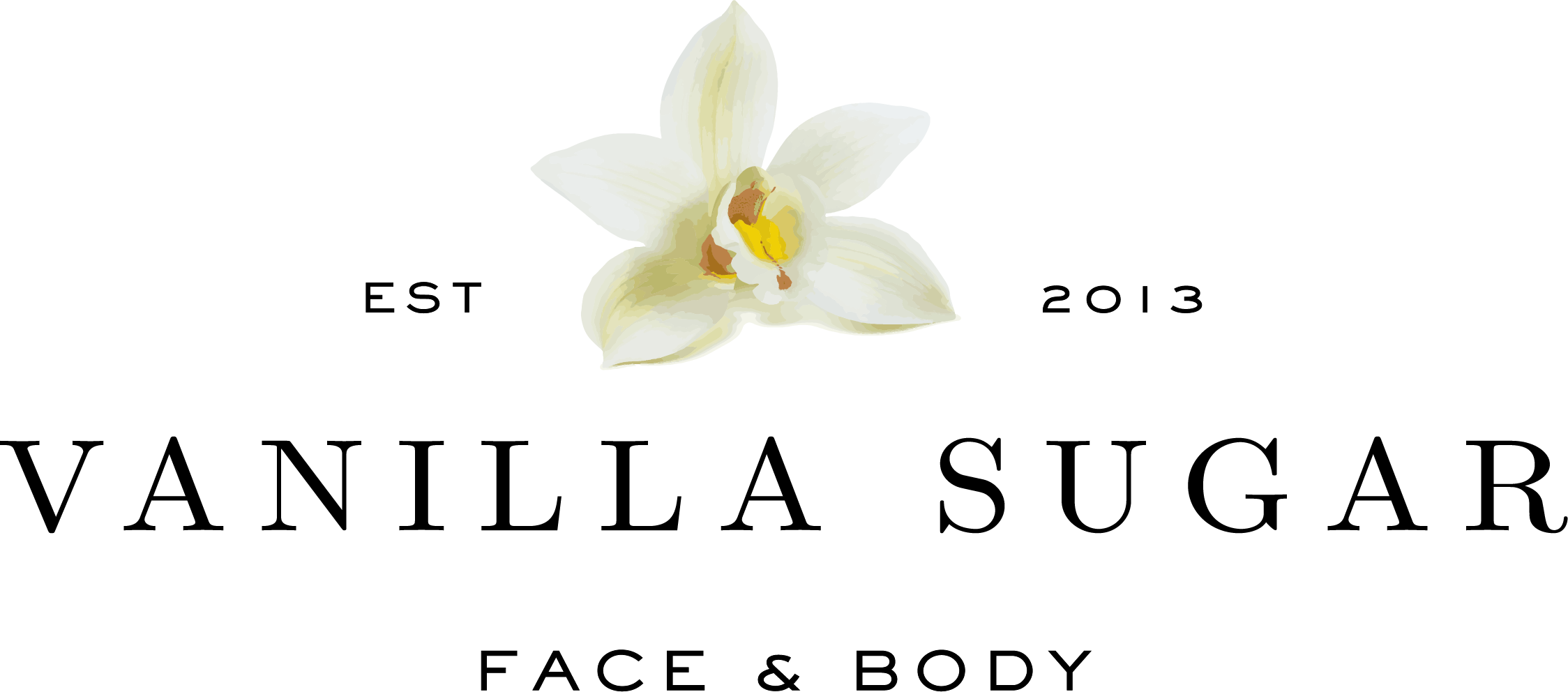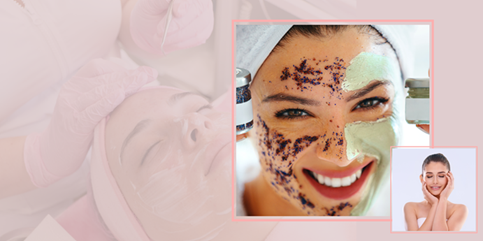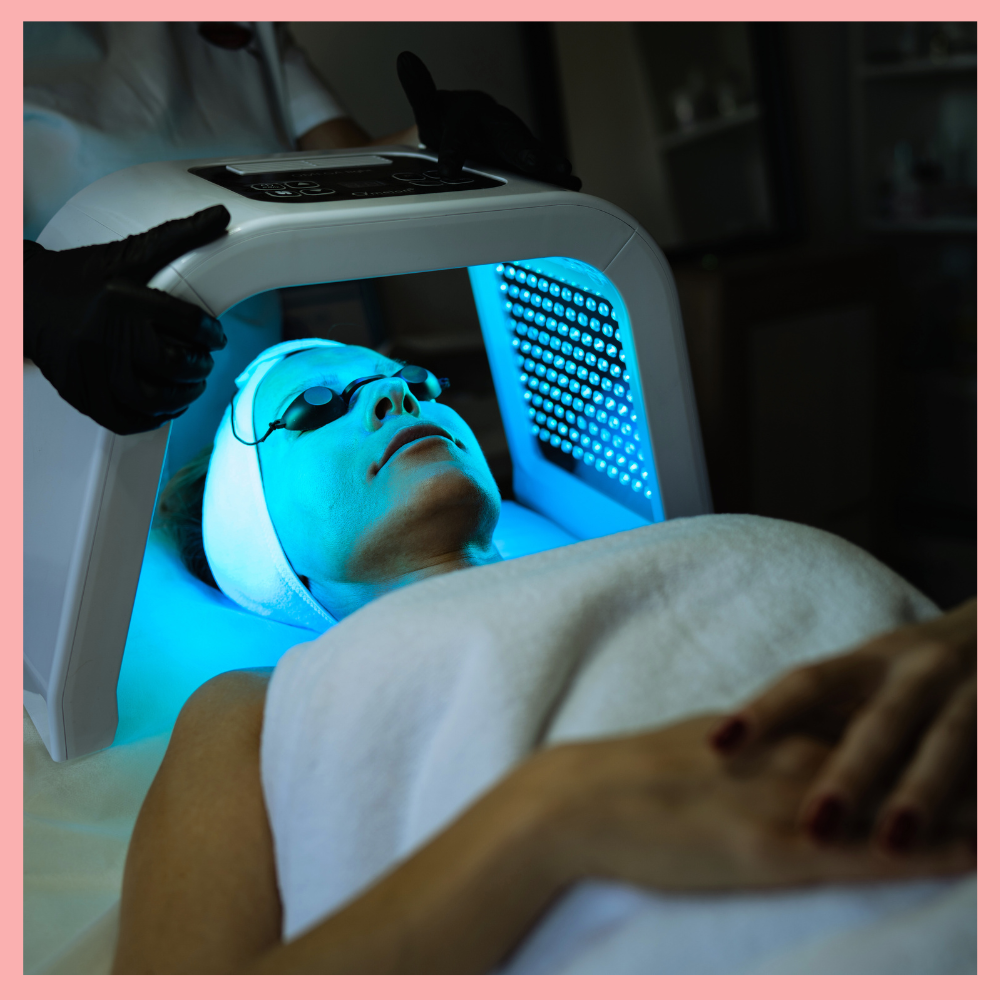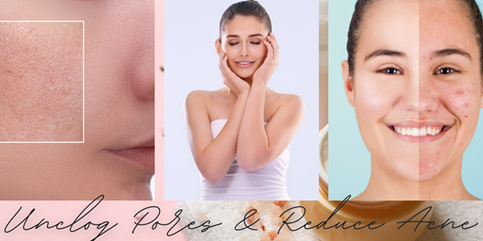The Science Behind Facials and How They Improve Your Skin
What is a Facial?
Definition and purpose of a facial
Regular facials are essential for maintaining clear, well-hydrated skin, as they help to exfoliate dead skin cells, unclog pores, and boost circulation. These treatments can be tailored to address specific skin concerns, such as acne, aging, or sensitivity, making them a versatile option for all skin types. By incorporating professional-grade products and techniques, facials can enhance your skin’s overall health, leaving it refreshed, rejuvenated, and glowing.
Hydration is key to maintaining youthful skin, and facials provide deep moisture that penetrates the skin’s layers, improving elasticity and softness. In addition to hydration, facials help to plump the skin, reducing the appearance of fine lines and wrinkles. The protective benefits of facials include strengthening the skin’s natural barrier, which helps to shield against environmental damage. Regular facials not only enhance the skin’s appearance but also promote long-term skin health by addressing specific concerns and maintaining a radiant complexion.
Brief history and evolution of facials
From the ancient Egyptians' use of milk and honey to the Greeks and Romans' application of herbal masks and exfoliants, facials have long been a cornerstone of beauty rituals. These early treatments focused on nourishing the skin with natural ingredients, emphasizing the importance of maintaining a healthy complexion. The enduring popularity of facials throughout history highlights their effectiveness in promoting skin vitality and wellness, making them a timeless practice in skincare.
Today’s facials go beyond traditional methods, utilizing cutting-edge techniques such as LED light therapy, microdermabrasion, and chemical peels. These innovations allow for personalized treatments that can address issues like acne, hyperpigmentation, and signs of aging with precision and efficacy. By combining the wisdom of ancient practices with modern advancements, facials now offer comprehensive solutions for achieving and maintaining healthy, radiant skin.
The Science of Skin Health
How facials impact skin cells and promote skin health
Through deep cleansing, exfoliation, and hydration, facials stimulate the skin's natural ability to shed dead cells and generate new ones. This renewal process helps to reduce dullness, smooth out the texture, and enhance the skin's overall radiance. By supporting these natural functions, facials not only improve the appearance of the skin but also contribute to long-term skin health, giving you a more youthful and vibrant look.
The combination of exfoliation and targeted treatments in facials helps to accelerate cell turnover, which is essential for keeping the skin firm and smooth. Additionally, facials stimulate collagen production, a critical factor in maintaining skin elasticity and reducing the appearance of fine lines and wrinkles. By clearing away dead skin cells, facials also prevent clogged pores and dullness, ensuring that your skin stays youthful and glowing.
Cellular benefits of regular facials, including shedding dead skin cells
Enhanced blood flow from facial treatments accelerates the skin's natural regeneration process, leading to the shedding of old, damaged cells and the production of new, healthy ones. This increased circulation ensures that essential nutrients and oxygen reach the skin's surface, supporting a revitalized and radiant complexion. By boosting cell turnover, facials help to maintain a youthful glow and improve overall skin health.
A thorough facial includes cleansing to remove impurities and excess oils, followed by hydration to replenish moisture levels. This dual approach helps to balance the skin's natural oils, preventing both dryness and excessive oiliness. By reinforcing the skin's barrier function, facials ensure that the skin remains protected against environmental stressors and maintains optimal hydration, contributing to a smoother, more balanced complexion.
Comedones, or clogged pores, are a common cause of acne, and extractions help to clear these blockages effectively. By manually removing blackheads and whiteheads, facials reduce the risk of future breakouts and alleviate existing inflammation. This targeted approach not only helps to improve skin clarity but also enhances overall skin health, leading to a more blemish-free and even complexion.
Types of Facials and Their Benefits
Overview of different facial types (e.g. chemical, microdermabrasion, etc.)
Chemical Peels
Chemical peels are a powerful skincare treatment designed to remove dead skin cells, reduce the appearance of wrinkles and fine lines, and diminish acne scars. By applying a specialized chemical solution, the outer layers of the skin are exfoliated, revealing a smoother and more even-toned complexion underneath. This treatment not only improves skin texture but also stimulates collagen production, promoting long-term skin health and a youthful appearance.
Microdermabrasion
Microdermabrasion is a popular non-invasive treatment that effectively removes dead skin cells, unclogs pores, and enhances skin texture and clarity. By gently exfoliating the outermost layer of the skin, microdermabrasion promotes the regeneration of new, healthy skin cells, resulting in a smoother, more radiant complexion. This treatment is ideal for those looking to reduce the appearance of fine lines, enlarged pores, and uneven skin tone.
LED Light Therapy
LED Light Therapy is a cutting-edge skincare treatment that stimulates cell regeneration, reduces inflammation, and increases collagen production. Using specific wavelengths of light, this therapy penetrates deep into the skin to target various skin concerns, such as acne, redness, and signs of aging. LED Light Therapy is a non-invasive and painless treatment that helps to improve the overall health and appearance of the skin by boosting its natural healing processes.
Benefits of each facial type (e.g. acne treatment, anti-aging, etc.)
Through deep cleansing and exfoliation, facials help to remove excess oil, dirt, and dead skin cells that can block pores and lead to breakouts. Treatments such as extractions and antibacterial masks target the root causes of acne, reducing inflammation and preventing future blemishes. Regular facials are an effective way to manage acne and maintain clearer, healthier skin over time.
Regular facial treatments stimulate the skin's natural renewal processes, boosting collagen and elastin production, which are essential for maintaining firm, plump skin. The combination of exfoliation, hydration, and targeted treatments smooths out rough patches, softens fine lines, and reduces the depth of wrinkles. Over time, facials contribute to a more youthful, glowing complexion by enhancing the skin’s overall texture and resilience.
The Facial Process
Cleansing: removing impurities and excess oils
Estheticians use gentle yet effective cleansers to dissolve away impurities, excess oils, and environmental pollutants. These specialized cleansers are designed to thoroughly cleanse the skin without stripping it of its natural moisture. By targeting and removing dirt, oils, and pollutants, estheticians ensure that the skin is left fresh and clean, ready to absorb subsequent treatments and products. This meticulous cleansing step is essential for maintaining skin health and preparing the skin for deeper exfoliation and hydration.
Cleansing your face prevents congestion and breakouts, promoting a smoother, more refined complexion. Regular use of effective cleansers helps to keep pores clear by removing excess oils and dead skin cells that can lead to congestion and acne. By preventing pore blockages and reducing the risk of breakouts, cleansers contribute to a clearer, more even skin texture. This foundational step in any skincare routine is crucial for achieving and maintaining a smooth, refined complexion.
Exfoliation: promoting cell turnover and revealing radiant skin
Through professional exfoliation techniques, estheticians remove the buildup of dead skin cells that can cause a lackluster appearance and contribute to clogged pores. This targeted treatment uncovers the fresh, glowing skin underneath, enhancing overall skin texture and clarity. By incorporating exfoliation into a skincare routine, individuals can achieve a brighter, more even complexion and promote healthy skin renewal.
Extractions: clearing clogged pores and reducing acne
When pores become clogged with excess oil, dead skin cells, and impurities, they can create an environment conducive to bacterial growth, resulting in acne and inflammation. This blockage can also contribute to uneven skin texture and a dull complexion. Addressing clogged pores is essential for maintaining clear, healthy skin and preventing more serious skin conditions from developing.
During a facial, extractions are performed to manually remove comedones and other blockages from the pores, effectively clearing them of impurities. This process helps to reduce the risk of acne and inflammation by preventing the buildup that leads to these issues. By incorporating extractions into a regular facial routine, individuals can achieve a cleaner, smoother complexion and maintain overall skin health.
Customization: The Key to Maximizing Benefits
Importance of personalized consultations and customized facials
During a personalized facial, an esthetician carefully evaluates the skin’s condition, including its type, texture, and specific concerns. This detailed assessment allows for the creation of a customized treatment plan that addresses individual issues such as acne, dryness, or signs of aging. By customizing the facial to meet these unique needs, the treatment becomes more effective, delivering targeted results and ensuring that every aspect of the skin’s health is considered. By focusing on specific skin concerns and utilizing targeted products and techniques, customized facials provide significant benefits. They can enhance overall skin health by addressing issues such as hydration and elasticity, reduce the appearance of fine lines and wrinkles through advanced treatments, and improve skin tone by correcting uneven pigmentation and dullness. The personalized approach ensures that each treatment is optimized for the best possible outcomes, leading to a more vibrant and youthful complexion.
Benefits of Regular Facials
Enhanced skin hydration and plumpness
During facials, estheticians often use serums and masks that are packed with hyaluronic acid, which is known for its ability to attract and retain moisture. These hydrating treatments penetrate deep into the skin, replenishing lost moisture and creating a plump, dewy appearance. By providing intense hydration, facials help to improve the skin’s texture and overall health, making it look radiant and refreshed.
Adequate moisture levels are crucial for keeping the skin supple and elastic, which helps to reduce the appearance of fine lines and wrinkles. When the skin is well-hydrated, it remains more resilient and better able to bounce back from environmental stressors. Regular facials that focus on deep hydration support the skin's natural elasticity, contributing to a smoother, more youthful complexion and minimizing signs of aging.
Improved blood circulation and oxygenation
During a facial, techniques such as massage and the application of warm towels stimulate blood flow, enhancing the delivery of essential nutrients and oxygen to the skin. This increased circulation supports the skin’s natural repair processes and promotes a more vibrant, glowing complexion. By ensuring that the skin receives optimal nourishment, facials help to improve overall skin health and appearance. Enhanced blood flow from facials helps to nourish the skin and boost collagen production, which is vital for maintaining skin elasticity and firmness. As blood circulation improves, the skin becomes more resilient and better able to combat signs of aging. This increased circulation helps to smooth out fine lines and wrinkles, contributing to a more youthful and even skin texture.
Stress reduction and relaxation
Incorporating facials into your skincare routine provides not only physical benefits but also psychological comfort. The calming atmosphere and personalized treatments offer a respite from daily stressors, leading to improved mental relaxation. This holistic approach to skincare helps to enhance overall well-being, as reduced stress levels can positively influence skin health and support a more radiant, youthful appearance.
Conclusion
Through techniques such as exfoliation, deep cleansing, and the application of targeted treatments, facials help to accelerate the skin’s natural regeneration processes. This includes shedding old, damaged skin cells and stimulating the production of new, healthy cells. As a result, the skin becomes more vibrant and radiant, with a renewed glow that reflects improved overall health and vitality.
Consistent facial treatments support ongoing skin health by addressing various concerns such as uneven texture, signs of aging, and loss of elasticity. The combination of exfoliation, hydration, and collagen-boosting ingredients helps to smooth out fine lines and wrinkles, while enhancing the skin’s firmness and resilience. By promoting collagen production and maintaining optimal skin condition, regular facials contribute to a more youthful and rejuvenated appearance.









